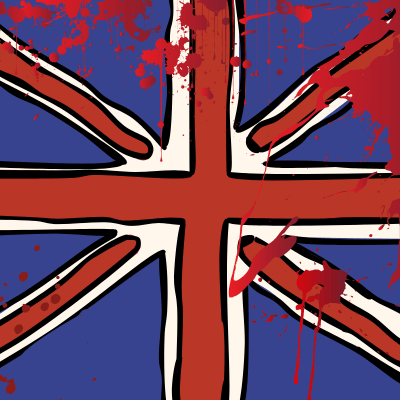Brit Card: State Control Disguised as Identity
Not About Immigration
Under Prime Minister Keir Starmer, the UK government is pushing the Brit Card a digital identity credential for every adult, accessible via smartphone. Officially, it’s about fighting illegal migration, enabling employers and landlords to verify status. In reality, it’s a sweeping mechanism to monitor and control the domestic population. Migrants arriving without passports remain outside its scope; the true impact falls on everyone already living in the UK, forced into a centralized identity system that can be weaponized at any moment.
A petition opposing mandatory digital ID cards has already gathered over 500,000 signatures, massively surpassing the 100,000 needed for parliamentary debate. This surge reflects deep public anxiety about mass surveillance and digital control, and exposes how little genuine consent exists for this scheme.
Centralisation: The Real Threat
Centralizing millions of identities creates a single-point target for hackers, insiders, or hostile states. Whoever seizes control of the database can track lives, analyze behavior, and disrupt at scale. Power concentrated in one place invites abuse, deliberate or accidental. The mere existence of such a system threatens privacy and civil liberties on a national scale.
The mere existence of such a system is a threat to privacy and liberty, with no guarantee against its future expansion or misuse.
Two-Tier Enforcement
Britain already practices two-tier policing. Take the case of David Spring, a 61-year-old retired train driver, who was jailed for 18 months for making threatening gestures to police and chanting “who the f**k is Allah?” at a Whitehall protest, his actions were ruled as inciting violence and disorder.Source GB News Meanwhile, other counter protesters who threw bricks at police received only suspended sentences.
This disparity in enforcement raises serious questions about consistency and fairness. Critics argue that a digital ID system would only make such selective, biased enforcement easier and more routine, providing authorities with a powerful tool to target dissent while excusing others.
China-Style Social Credit: A Real Risk
The Brit Card doesn’t explicitly introduce a social credit system, but many fear it could become the foundation for one. In China, social credit ratings determine a citizen’s access to services and opportunities, based on government-approved behavior and trustworthiness.
If digital ID is linked with housing, employment, welfare, or banking, dissent or protest could be punished quietly by restricting services. The same architecture used for identity verification can be used to enforce obedience and punish dissent, all without the need for physical detention.
Weaponized Compliance
The lesson of Covid restrictions is clear: most people will comply when survival is at stake. The Brit Card leverages this same dynamic. Refuse to comply, and you risk losing access to essential work, benefits, or housing. The penalty for nonconformity is immediate and severe, fostering a culture of silent, fearful acquiescence.
Public Opposition: A Growing Movement
The public’s reaction has been swift and vocal. As of September 25, 2025, a petition against the Brit Card has exceeded over 500,000 signatures to stop the Brit Card. The threshold for parliamentary debate is 100,000, so public anger is real. Still, as critics note, signatures alone will not stop the law. Sustained, visible resistance is needed, online and offline.
Conclusion: Resist the Digital Cage
The Brit Card is not about efficiency or managing the overwealming illegal immigration. It is about control, compliance of the law abiding. Coupled with censorship laws and a shifting legal landscape, it constructs a digital cage for ordinary citizens. Without robust safeguards, the potential for abuse is enormous: centralization, selective enforcement, and the ever-present threat of exclusion from basic services. The choice is stark, resist now, or accept a future bound by digital chains.
